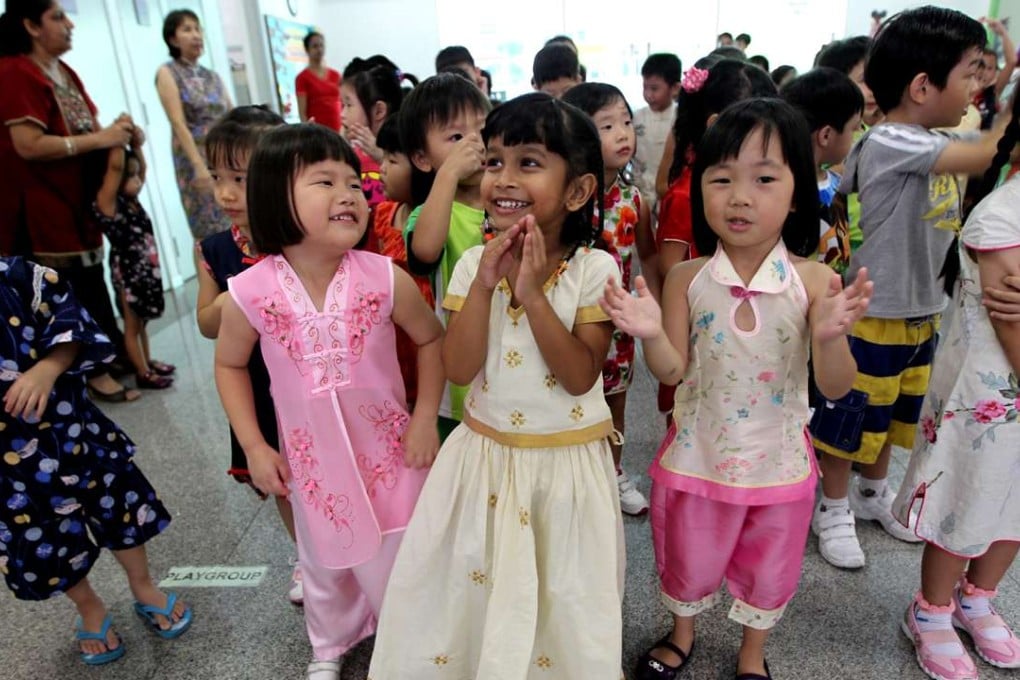What’s behind Singapore’s move to boost presidential chances of ethnic minorities?

To unsuspecting outsiders, the camaraderie among Singapore’s multiracial population is just a happy, unplanned circumstance. But suggest that to the tiny island-state’s long-time rulers and you are likely to get a strong reaction.
The People’s Action Party (PAP), in power since 1959, never shies away from trumpeting that racial harmony in the majority-Chinese country is an outcome of its vigilant and almost paranoid management of ethnic sensitivities in all areas of life, from politics and housing to even death rites.
To keep a lid on potential race tensions, the ruling party utilises an extensive set of policy levers, including the threat of detention without trial for racial instigators, ethnic quotas in public housing estates, ‘national education’ classes in schools, and a bloc-voting system which ensures minority representation in parliament.
Who can step up as Singapore’s next leader?
Despite sharp initial resistance, the introduction of English as the main language of instruction and business from the early 1960s has also helped to forge a common identity in the country. Its resident population of 3.9 million is made up of 74.3 per cent Chinese, 13.3 per cent Malays, and 9.1 per cent Indians, with other groups including Eurasians making up the remaining 3.2 per cent.

The fixation with race was thrust into the spotlight this month when Prime Minister Lee Hsien Loong announced plans to move a rare constitutional amendment to enhance the chances of minorities being elected as the country’s president.
The position is largely ceremonial but has some veto powers on the appointment of key government positions and the use of the wealthy city state’s financial reserves.
Proposed changes, based on recommendations by a constitutional commission headed by the chief justice, include “reserve elections” if a person from a certain ethnic group is not elected as president for five terms, or 30 years. The new measures will also tighten the criteria for those seeking to qualify as presidential candidates and grants greater powers to the president’s council of appointed advisers.